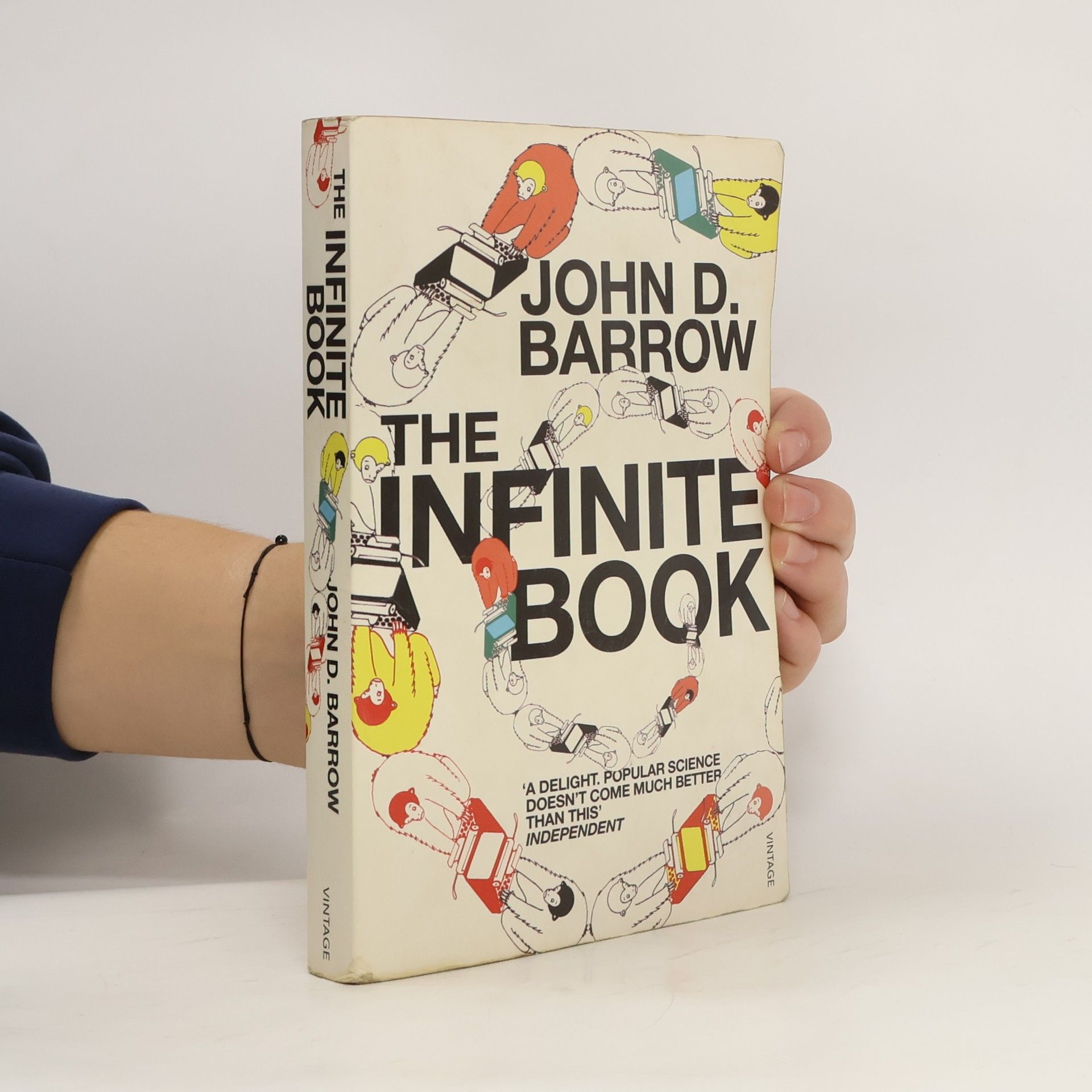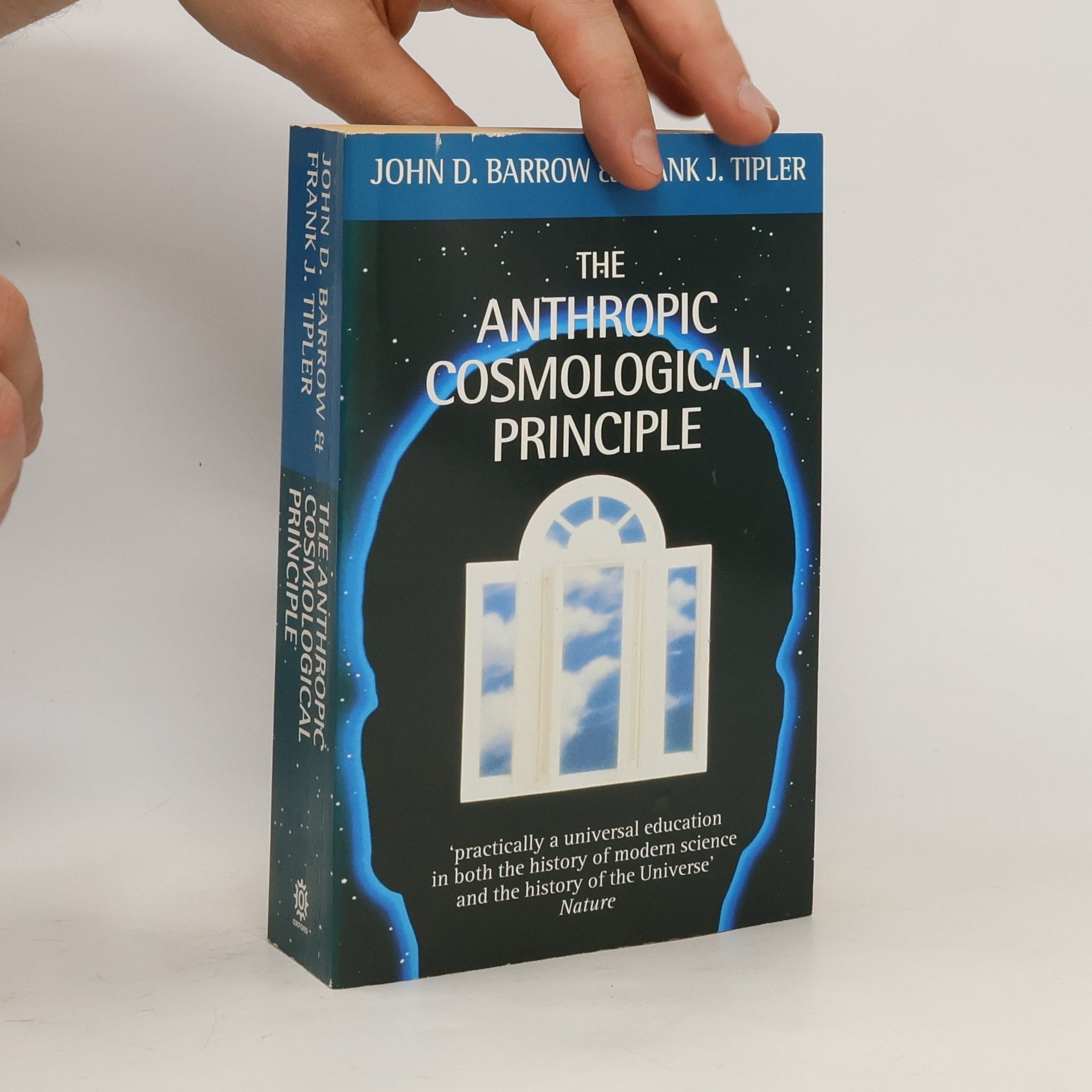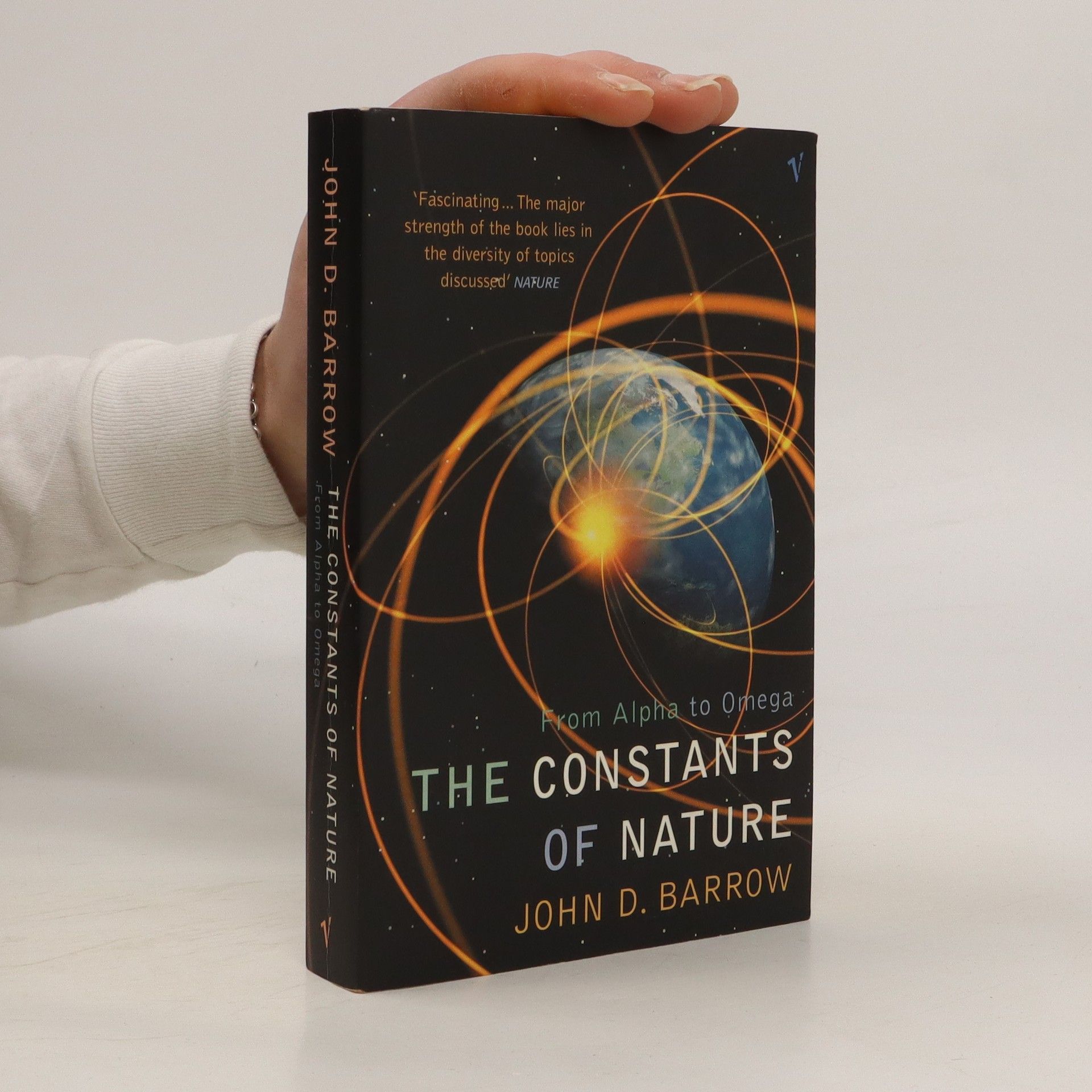John D. Barrow Libri
John D. Barrow ha esplorato le profonde connessioni tra la vita e l'universo, e la natura della comprensione umana attraverso il suo lavoro. I suoi scritti hanno offerto prospettive inedite su questioni fondamentali che uniscono scienza e religione. Ha affrontato queste grandi indagini con una visione tradizionalmente deista del cosmo. I contributi intellettuali di Barrow hanno favorito nuovi modi di contemplare l'esistenza.

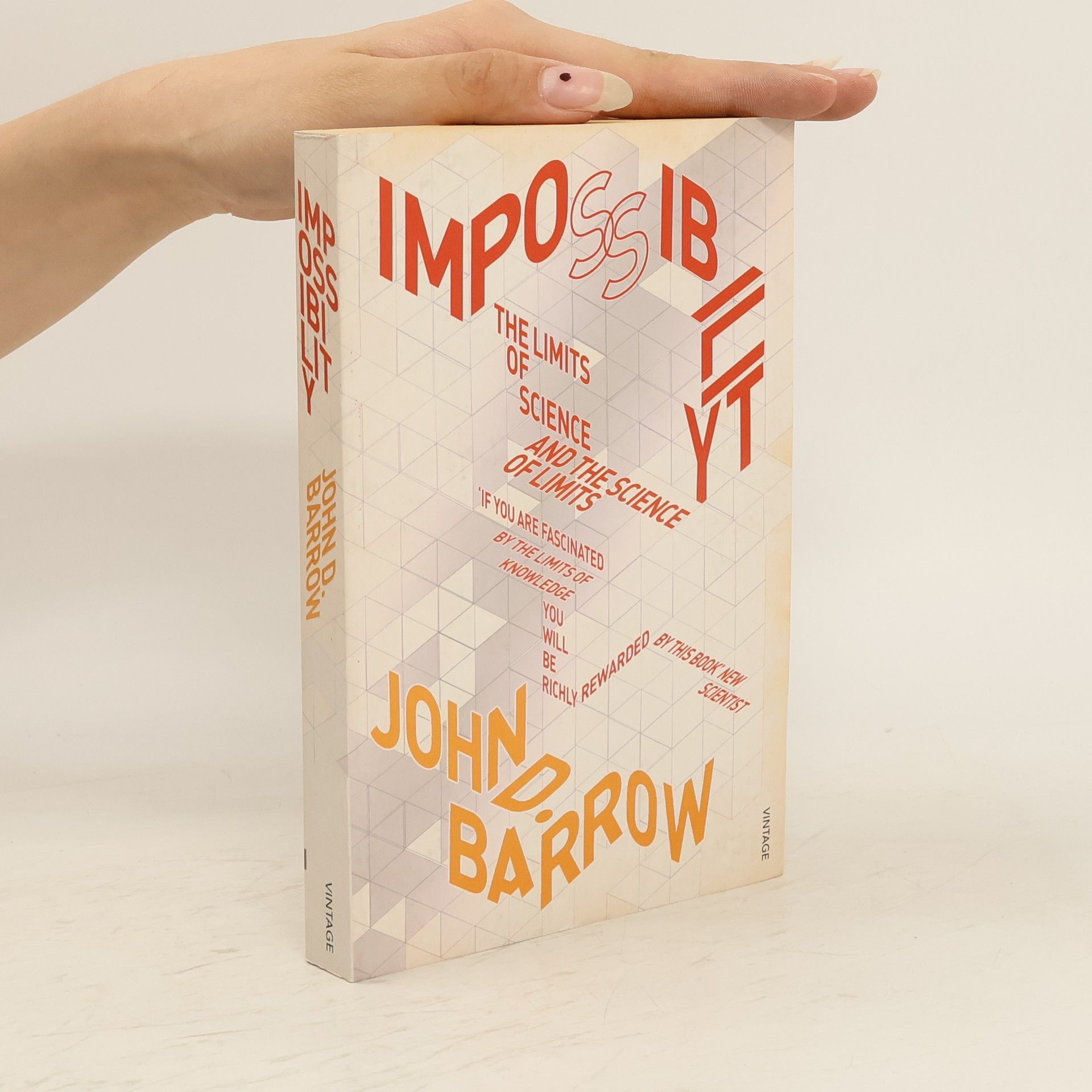
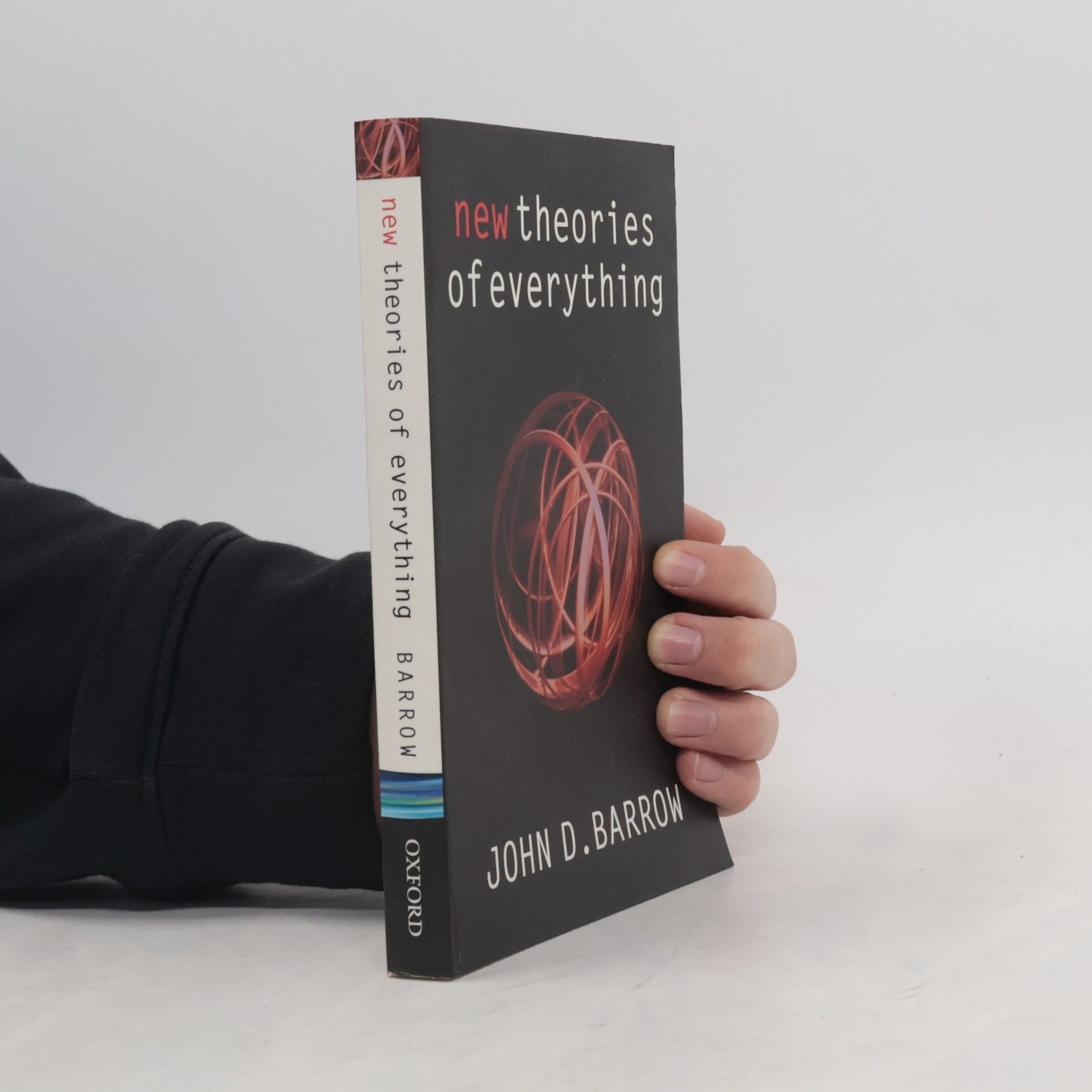




Il caso e la libertà
- 187pagine
- 7 ore di lettura
Da "il caso e la necessità" al "caso e la libertà". Scienziati, psicologi e filosofi pongono l'accento sul valore critico della scelta, della creatività e della responsabilità del ricercatore.Contributi di Henri Atlan, John D. Barrow, Remo Bodei, Jerome S. Bruner, Jean-Pierre Dupuy, Paolo Fabbri, Paul K. Feyerabend, Stefano Rodotà, René Thom.
The Artful Universe
- 274pagine
- 10 ore di lettura
In the Art Universe, Barrow examines the intricate connections between our aesthetic appreciation and the fundamental nature of the Universe, challenging the notion that our sense of beauty is entirely unrestrained. He posits that the laws of the Universe, its environments, and its astronomical features subtly influence our thoughts and actions. This leads to questions about our preferences in art and music, the challenges we find in games and puzzles, the common elements in myths and legends, and the origins of the constellations in the night sky. Through an eclectic and engaging exploration, Barrow addresses how the Universe's landscape has shaped philosophy and mythology, alongside millions of years of evolutionary history that have honed our attraction to specific patterns of sound and color. He illuminates human creativity and thought by considering diverse topics such as our instinct for language, the origins of color in Nature, our divisions of time, and the appreciation of landscape painting. Additionally, Barrow questions the existence of intelligent extraterrestrial life, suggesting that the implications of discovering life on other worlds may differ from our expectations. Ultimately, he reveals that certain properties of the Universe crucial for life also significantly influence our psychological and religious responses to the Cosmos.
New Theories of Everything
- 260pagine
- 10 ore di lettura
John D. Barrow guides us through the latest concepts emerging in theoretical physics that together form the ingredients of a Theory of Everything, from the M-theory of superstrings, and speculations about the world as a computer program, to novel ideas of self-organisation and new forms of complexity
Impossibility: the Limits of Science and the Science of Limits
- 304pagine
- 11 ore di lettura
What can we never do? Barrow looks at what limits there might be to human discovery, and what we might find, ultimately, to be unknowable, undoable, or unthinkable. Science is a big success story, but where will it end? And, indeed, will it end? Weaving together a tapestry of surprises, Barrow explores the frontiers of knowledge. We find that the notion of 'impossibility' has played a striking role in our thinking. Surrealism, impossible figures, time travel, paradoxes of logic and perspectives - all stimulate us to contemplate something more than what is. Using simple explanations, it shows the reader that impossibility is a deep and powerful notion; that any Universe complex enough to contain conscious beings will contain limits on what those beings can know about their Universe; that what we cannot know defines reality as surely as what we can know.
The Infinite Book
- 352pagine
- 13 ore di lettura
Is the Universe infinite? Throughout history, the infinite has been a dangerous concept. The Infinite Book will take you on a tour of these dangerous questions and the strange answers that scientists, mathematicians, philosophers and theologians have come up with to deal with its threats to our sanity.
The Book of Universes
- 368pagine
- 13 ore di lettura
This is a book about universes. It tells a story that revolves around a single extraordinary fact: that Albert Einstein's famous theory of relativity describes a series of entire universes. Some describe universes that expand in size, while others contract.
Explores the concepts and many implications of the theory that the structure and operation of the universe is determined by the existence of intelligent observers
The Constants of Nature
- 256pagine
- 9 ore di lettura
This accessible, entertaining, historical and cutting-edge guide, written by John Barrow, provides a major contribution to our understanding of the universe.
